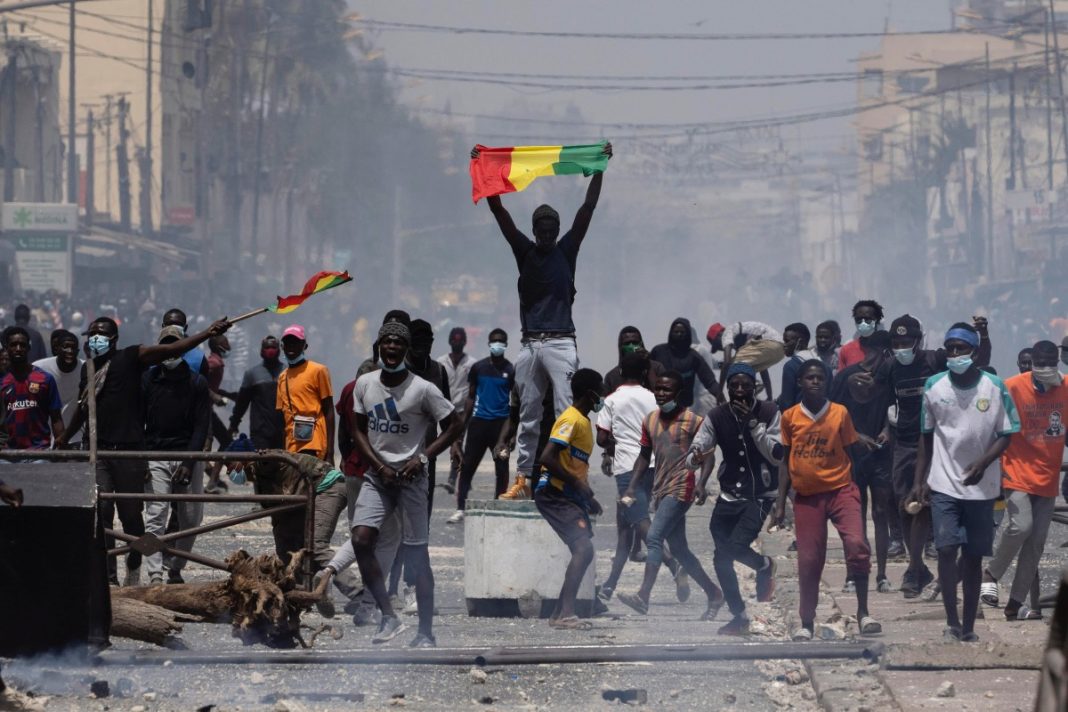DAKAR, Senegal – In a bid to suppress what it called “hateful and subversive” messages circulating online amid a period of deadly civil unrest, the Senegalese government has extended restrictions on mobile internet services, according to a statement released on Sunday, June 4, 2023.
The decision comes as violent protests rock the West African nation, resulting in the deaths of 16 people in just three days. This marks one of the deadliest bouts of civil unrest Senegal has experienced in decades.
Last week, the government targeted specific messaging platforms for restriction. However, numerous citizens were able to bypass the outage using virtual private networks (VPNs), which conceal the user’s location.
In response, the government extended the blackout on Sunday to include all data on mobile internet devices in certain regions during specific hours, although it did not disclose which areas or times were affected.
Despite the lack of official clarification, Dakar residents reported widespread inability to access the internet via mobile devices on Sunday afternoon, a typical time for protests to gain momentum.
The ongoing unrest was triggered by the sentencing of popular opposition leader Ousmane Sonko to a two-year jail term on Thursday, effectively thwarting his chances of participating in the upcoming presidential elections scheduled for February.
The situation was further exacerbated by President Macky Sall’s refusal to confirm whether he would abide by the two-term presidential limit.
Internet restrictions are common in Africa, particularly during political instability. This practice dates back to the 2011 Arab Spring, during which leaders in Egypt, Tunisia, and Libya attempted to curb the dissemination of information.
Countries such as Gabon, Gambia, and the Democratic Republic of Congo have also resorted to similar measures during turbulent times.
Human rights organizations have condemned these internet blackouts, arguing that they breach the fundamental right to freedom of speech and can significantly harm fragile economies.
“These restrictions … constitute arbitrary measures contrary to international law and cannot be justified by security imperatives,” Amnesty International stated on Friday, addressing the initial wave of internet outages in Senegal.







